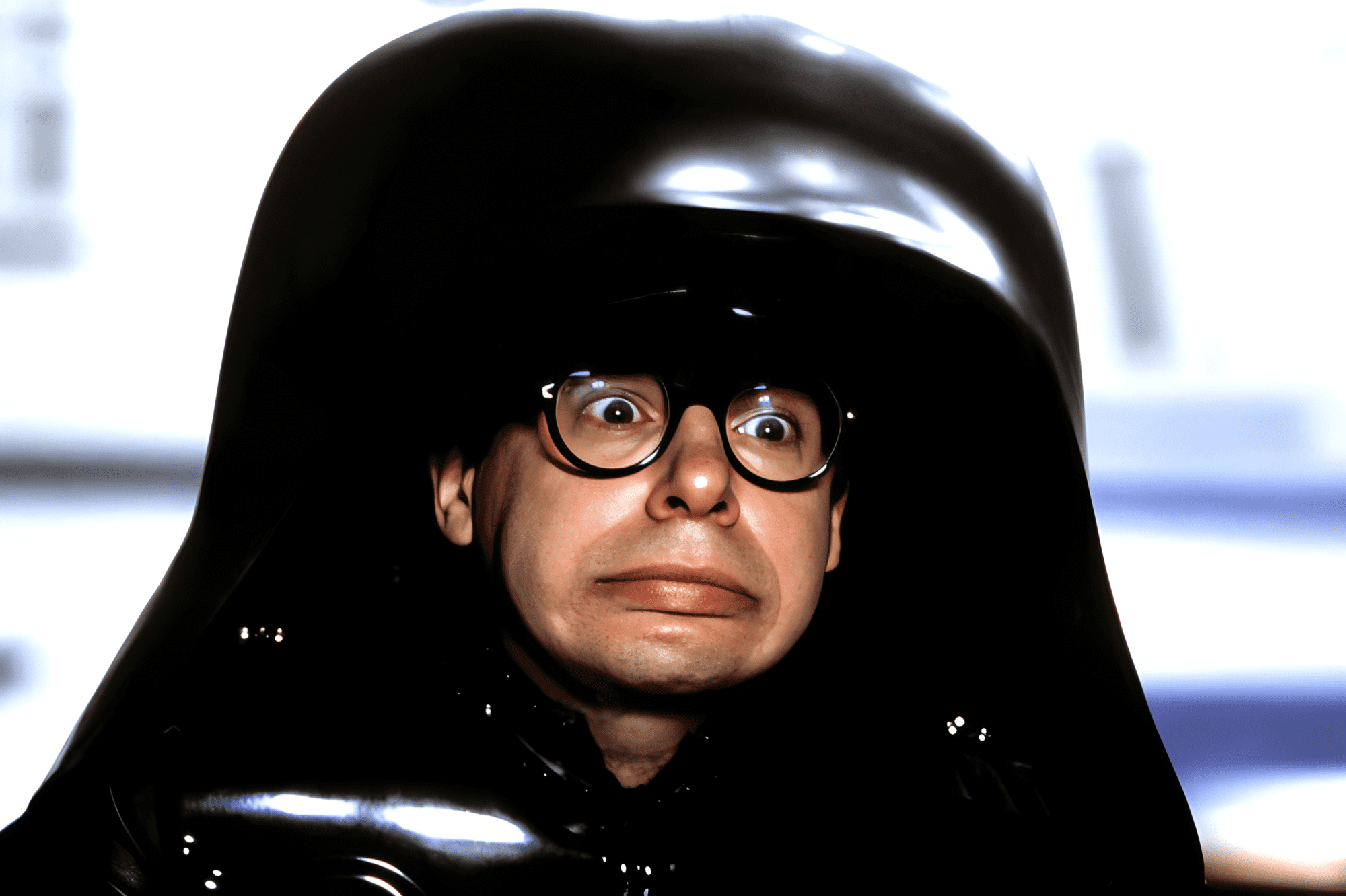Spaceballs is a name synonymous with sci-fi comedy, a film that didn’t just make people laugh but also carved out a niche for itself by blending the absurd with the futuristic. Released in 1987, Spaceballs became a defining moment for the genre, contributing to the popularity of spoof films, even if it wasn’t the first of its kind. With Amazon MGM recently announcing a sequel, the big question on everyone’s mind is: Can this new installment breathe life into a genre that has struggled to find its footing in recent years?
Why Now is the Perfect Time for a Spaceballs Sequel
The announcement of a Spaceballs sequel comes at a time when Star Wars fans are increasingly disillusioned with the direction of the franchise. One of the biggest sources of contention has been The Acolyte, a new Disney+ series set during the High Republic era, long before the events of the Skywalker saga. For many fans, this timeline feels too distant from the iconic elements that have defined Star Wars—the Skywalker family, the epic battles between the Empire and the Rebel Alliance, and the larger-than-life characters that have become household names.
This sense of disconnect isn’t just about the timeline. There’s also a growing concern that The Acolyte might prioritize political messaging over the storytelling that fans crave. Disney and Lucasfilm’s emphasis on diversity and representation is commendable, but there’s a segment of the fanbase worried that the series might lean too heavily into social commentary at the expense of delivering the kind of epic, escapist adventure that Star Wars is known for. This fear is compounded by the mixed reactions to Disney’s handling of the sequel trilogy, particularly The Last Jedi and The Rise of Skywalker. While some fans appreciated the fresh direction, others felt that the films strayed too far from George Lucas’s original vision.
This backdrop of fan dissatisfaction makes now the perfect time for a Spaceballs sequel. The original film thrived by poking fun at the very elements of Star Wars that audiences loved, and there’s a ripe opportunity for a sequel to satirize the current state of the franchise. With the right approach, a new Spaceballs film could not only recapture the magic of the original but also offer a much-needed critique of how the Star Wars saga has evolved—or devolved—under Disney’s watch.
Nostalgia and the Challenge of Recapturing the Magic
One of the biggest draws of a Spaceballs sequel will undoubtedly be nostalgia. Fans of the original will be eager to see familiar faces and hear the classic jokes that made the first film a hit. However, there’s also a bittersweet aspect to this nostalgia. Two of the original cast members, Joan Rivers and John Candy, who brought Dot Matrix (a parody of C-3PO) and Barf (a parody of Chewbacca) to life, are no longer with us. Their absence will undoubtedly be felt, but there’s hope that other key players will return.
Rick Moranis, who portrayed the iconic Dark Helmet, a parody of Darth Vader, is still active in the industry and could reprise his role. And then there’s Mel Brooks, the mastermind behind the original Spaceballs. At 98 years old, Brooks has signed on to produce the sequel, though he won’t be directing this time around. Fans are hopeful that he’ll still step in front of the camera to reprise his role as Yogurt, a parody of Yoda, bringing his unique brand of humor back to the screen.
The Current State of Sci-Fi Comedy: A Genre in Need of Revival
While sci-fi comedy has had its heyday, the genre has been relatively quiet in recent years. Films like Short Circuit, Weird Science, Bill & Ted’s Excellent Adventure, and Back to the Future once dominated the box office, becoming cultural touchstones. But in the past decade or so, there’s been a noticeable decline in the number of successful sci-fi comedies. The few that have emerged, such as Hot Tub Time Machine and Paul, didn’t quite capture the sustained popularity of their predecessors.
Interestingly, when people think of sci-fi comedy today, they often point to Marvel movies like Guardians of the Galaxy or Deadpool. While these films certainly blend elements of sci-fi and comedy, they don’t fit neatly into the traditional sci-fi comedy mold. They’re more superhero films with a sci-fi twist, rather than pure sci-fi comedies in the vein of Spaceballs.
Looking at the top sci-fi comedies of the 2020s, according to IMDb, we see films like Poor Things (2023), Everything Everywhere All At Once (2022), and Don’t Look Up (2021) leading the pack. While Everything Everywhere All At Once has been widely celebrated for its originality and blend of humor and sci-fi, it’s an outlier rather than a sign of a genre resurgence. The inclusion of animated films like The Mitchells vs. The Machines in these discussions further underscores the lack of strong contenders in live-action sci-fi comedy.
What a Spaceballs Sequel Needs to Succeed
For a Spaceballs sequel to succeed, it will need to strike a delicate balance between nostalgia and innovation. The film must honor the legacy of the original while also offering something fresh and relevant for today’s audiences. This is no small feat, but with Mel Brooks at the helm and the right creative team in place, there’s a real chance that this sequel could breathe new life into a genre that’s been on life support.
In the end, the success of a Spaceballs sequel will depend on its ability to resonate with both long-time fans and newcomers alike. If it can capture the spirit of the original while addressing contemporary issues with the same irreverence that made Spaceballs a classic, it could very well spark a resurgence in the sci-fi comedy genre. For now, fans will have to wait and see if this sequel can live up to its potential—but one thing is certain: the genre could use a good laugh, and Spaceballs might just be the film to deliver it.
